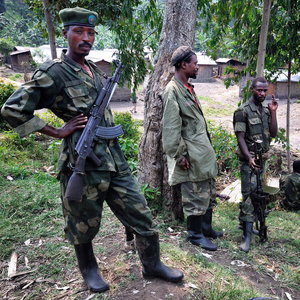
Visualizing Armed Groups: The Democratic Republic of the Congo’s M23 in Focus
An interactive, web-based visualization that captures interlocking networks related to the M23 rebel group in the Democratic Republic of the Congo.

An interactive, web-based visualization that captures interlocking networks related to the M23 rebel group in the Democratic Republic of the Congo.
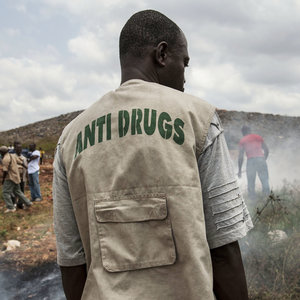
This report considers how changes under way in Latin America drug policy are challenging the foundations of the repressive regime – specially the “war on drugs”.
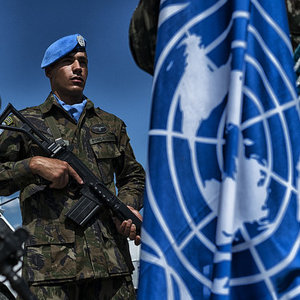
[In portuguese] This paper analyzes the opportunities for greater participation of Brazilian police officers in United Nations peace operations.
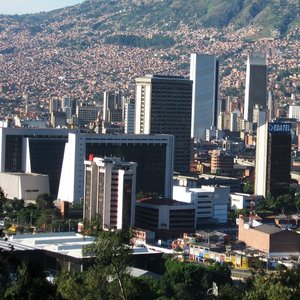
This report considers how citizen security have been operationalised across Latin America, assembling more than 1,300 citizen interventions across the region since the late 1990s.
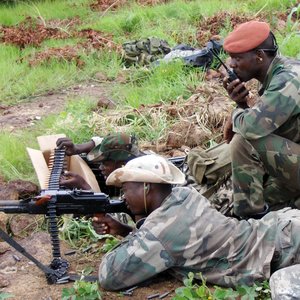
Small arms and light weapons availability should be re-evaluated as a complex social phenomenon involving dynamic supply and demand dimensions. This article debates this subject.

Youth violence is reaching epidemic levels in some parts of Latin America
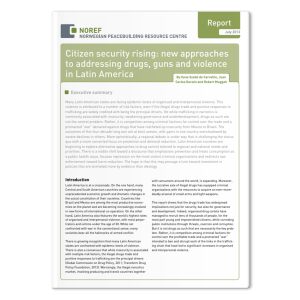
A study about the consequences of current drug policy and alternative approaches for harm reduction and violence decrease.
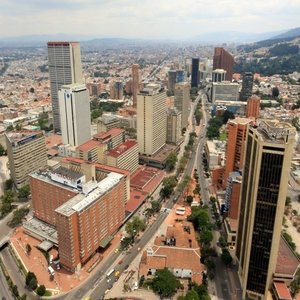
This edited volume provides a critical overview of the new stabilization agenda in international relations.
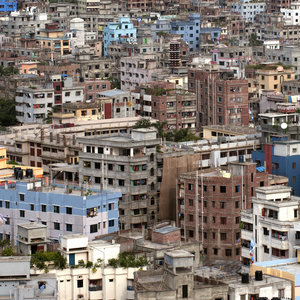
A new social category recently emerged on the security and development landscape: the “fragile city”. This article debates the term and challenges to improve their autonomy.
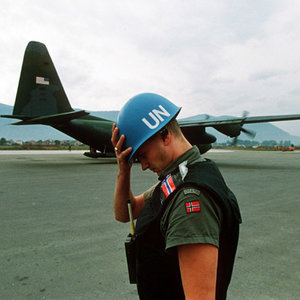
A note about how peacekeeping operations contribute to the durability of negative and positive peace and how it shapes organized violence.
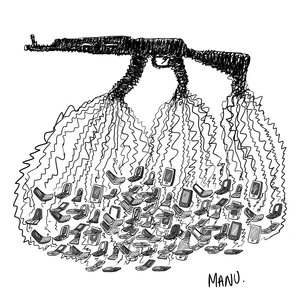
Igarapé Institute releases new report with IPI and USAID on using information communication technologies to prevent violence in Latin America.
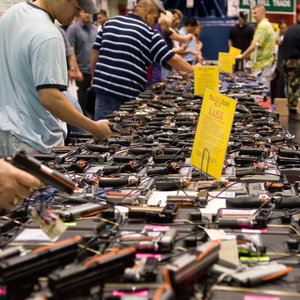
This new study estimates the volume and value of arms trafficking from the United States to Mexico.
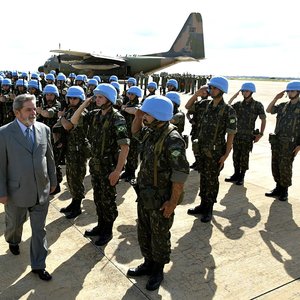
This article debates the BRICS participation in a wider cooperation scenario.
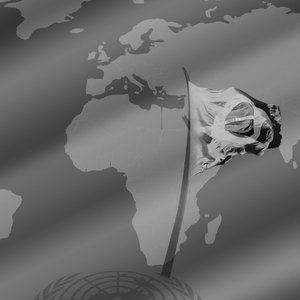
[In Portuguese] Article about new opportunities for Brazil internacional insertion in pos-conflict contexts.
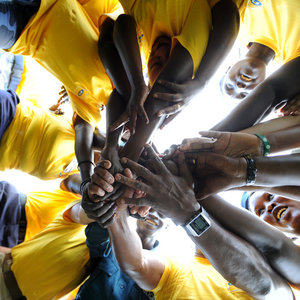
This report considers the extent to which disarmament, demobilisation and reintegration (DDR) and related concepts are accounted for in peace processes and peace agreements.
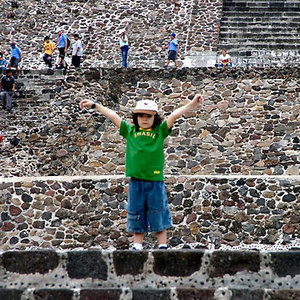
This article debates Brazil’s role in peacebuilding, reflecting on it’s new position as a ascendant power.
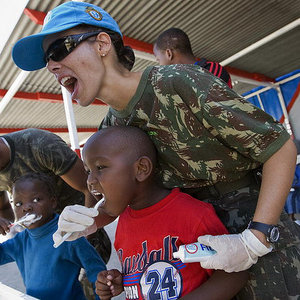
Article on Brazil’s position on the protection of civilians (PoC), “Responsibility to Protect” (R2P) and the new approach “Responsibility While Protecting” (RwP).
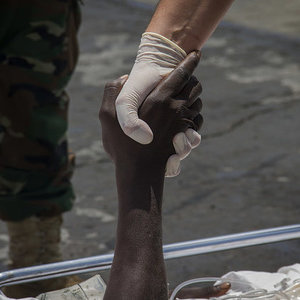
[In Portuguese] The “Responsability to Protect” was officially inserted in UN on 2005. One of it’s main contributions is to put and end to some discussions about the material limits of military intervention for humanitarian purpose.
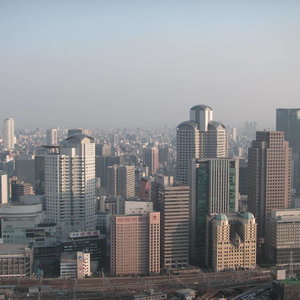
A research on urbanization challenges, focused on the connections between urban violence, inequalities and poverty and on identifying the most effective strategies for addressing these challenges.

[In English and French] This chapter demonstrates how Brazil has increasingly aligned its foreign policy with a ‘South–South Cooperation’ (SSC) agenda as a means of achieving these parallel objectives.
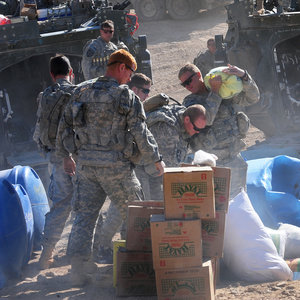
Article that debates the violence and fragility of cities of developing countries.
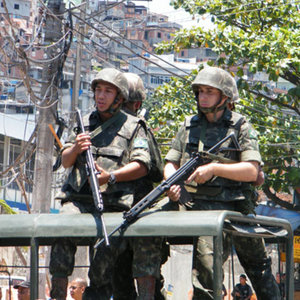
This Article debates new ways to face the violence problem cause by the drug traffic in Central America and Caribe.

This report aims to generate more understanding of what works and what does not when it comes to armed violence reduction and prevention (AVRP), to stimulate further evaluation and to contribute to more effective and efficient policies and programmes.
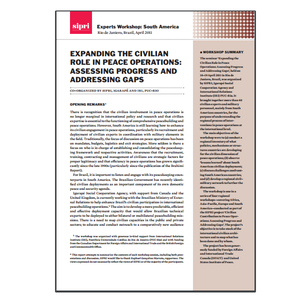
Report on the seminar ‘Expanding the Civilian Role in Peace Operations: Assessing Progress and Addressing Gaps’, held on 18–19 April 2011 in Rio de Janeiro.
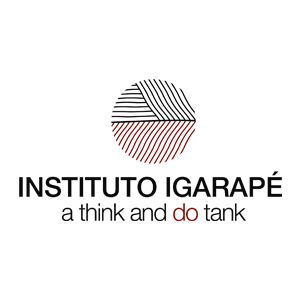
This concept note parses out emerging “southern-effect” and some of its wider implications for engagement with fragile states in the twenty first century.

O Instituto Igarapé utiliza cookies e outras tecnologias semelhantes para melhorar a sua experiência, de acordo com a nossa Política de Privacidade e nossos Termos de Uso e, ao continuar navegando, você concorda com essas condições.

